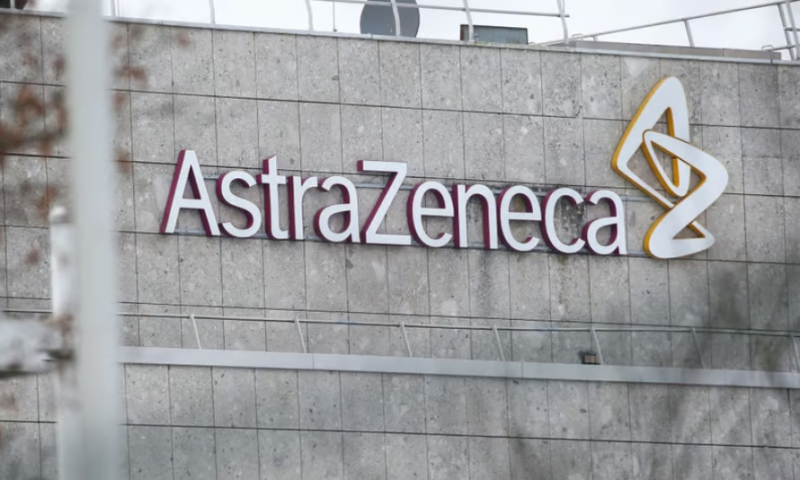AstraZeneca is abandoning a play for the inflammatory bowel disease (IBD) market. After seeing clinical trial timelines spiral, the Anglo-Swedish drugmaker has stopped development of a would-be rival to products sold by AbbVie and Johnson & Johnson.
The action affects brazikumab, an anti-IL-23 antibody that could have challenged similar drugs such as AbbVie’s Skyrizi and J&J’s Stelara for the Crohn’s disease and ulcerative colitis markets. AstraZeneca was running a phase 2b/3 clinical trial in Crohn’s and a midphase study in ulcerative colitis but has decided to stop the program.
“The decision to discontinue brazikumab’s IBD development follows a recent review of brazikumab’s development timeline and the context of a competitive landscape that has continued to evolve,” the Big Pharma said in a June 1 release. “The timeline was impacted by delays that could not be mitigated following global events. No safety concerns were identified for patients in these trials.”
The Crohn’s and ulcerative colitis trials have both suffered significant delays. When the phase 2b/3 Crohn’s trial got underway in 2018, the study team was aiming to complete the trial in 2022. The current target is 2027. Similarly, the targeted primary completion date for the midphase ulcerative colitis trial slipped from 2019 to 2023.
Enrollment in both clinical trials stopped for several months in February 2021, and the studies faced further disruption when Russia invaded Ukraine. As of January 2022, just before the Russian invasion, the Crohn’s trial listed 27 research sites in Ukraine, although many of the centers had already withdrawn from the study or were yet to start recruiting.
As the completion dates kept slipping, the competition for the Crohn’s and ulcerative colitis market kept intensifying. Eli Lilly’s IL-23 drug suffered a setback in April, but, even so, AstraZeneca would face Skyrizi and Stelara plus potentially J&J’s Tremfya as well as a raft of drugs with different mechanisms of action such as AbbVie’s Rinvoq and Bristol Myers Squibb’s Zeposia.
AstraZeneca’s decision to drop brazikumab is a double boost for AbbVie. As well as eliminating a possible rival, the action marks the end of AbbVie’s funding of the development of brazikumab. Allergan licensed the IL-23 candidate from AstraZeneca in 2016 but handed it back four years later to get the green light for its takeover by AbbVie.
To terminate the brazikumab deal, Allergan agreed to “fund up to an agreed amount, estimated to be the total costs expected to be incurred by AstraZeneca until completion of the development of brazikumab” in Crohn’s and ulcerative colitis. The situation left AbbVie paying to develop a rival to its own drugs.

